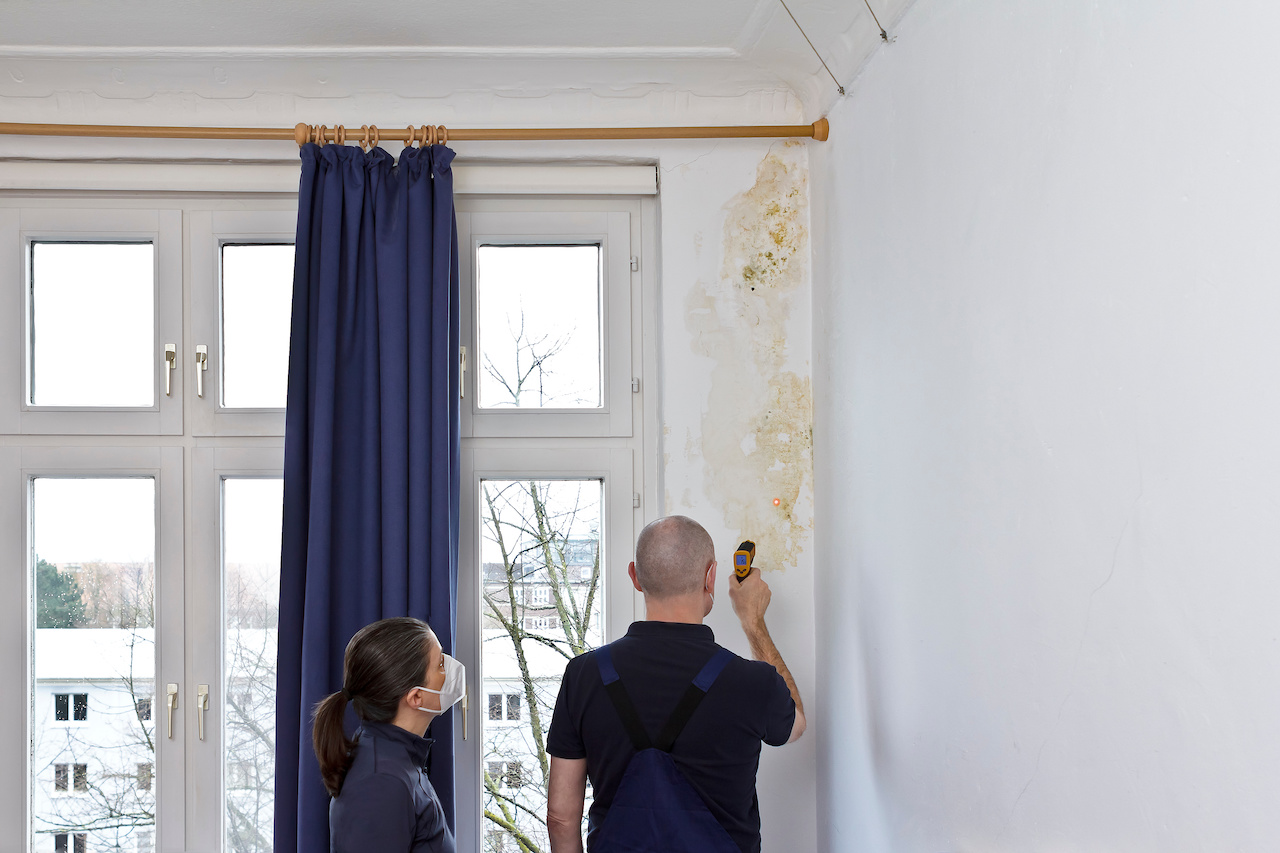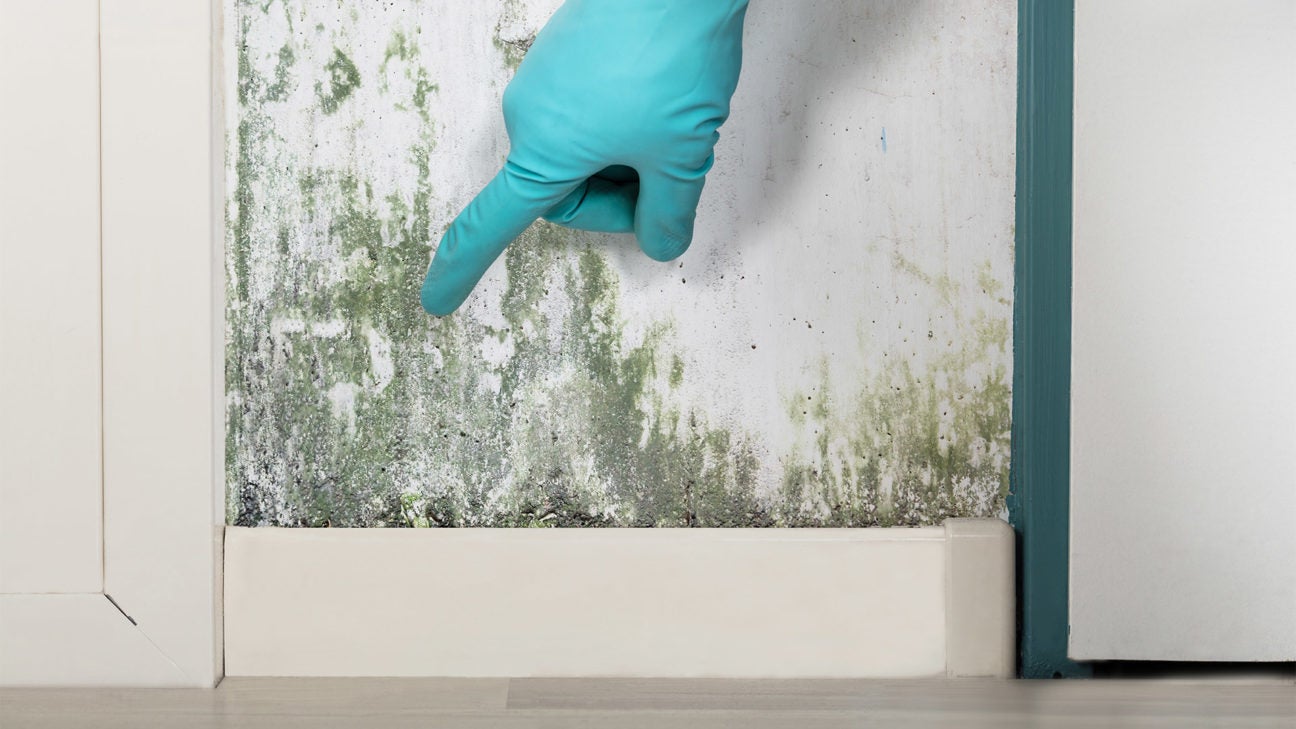Hotels are often our sanctuaries away from home, a refuge where comfort is paramount and every detail is curated for our delight. However, lurking beneath the surface of this charm can be an unwelcome and hazardous guest: mold.
This insidious intruder thrives in damp, poorly ventilated spaces, posing significant health risks to unsuspecting travelers. But how can you spot it? What warning signs should prompt immediate action? In this article, well explore the telltale signs of hotel mold, empowering you with essential knowledge to detect its presence and offering practical steps to take if you find yourself on an unwelcome moldy adventure.
Dont let your stay be marred by this hidden menace; arm yourself with the information you need to ensure your hotel experience remains a pleasant one.
Signs of Mold Presence in Hotels

Mold inspection St Petersburg FL becomes crucial when staying in hotels, as being vigilant for signs of mold presence can protect both your health and overall experience. Pay close attention to any persistent musty odors that linger despite airing out the room; this is often the first clue.
Stains or discoloration on walls, ceilings, and carpets can indicate water damage—an inviting environment for mold to thrive. Visible patches of black, green, or white growth, especially in damp areas like bathrooms, near windows, or around air conditioning units, are warning signs.
Don’t overlook humidity levels either; unusually high moisture content in the air can set the stage for mold development. Finally, be cautious if you or your companions experience unexplained allergy-like symptoms or respiratory issues during your stay, as these could be subtle warnings of a mold problem nearby.
Key Areas in Hotels Where Mold May Thrive

Mold is a silent invader, often thriving in the most unsuspecting corners of a hotel. Guest bathrooms, with their persistent humidity and steam, create a perfect breeding ground for mold spores.
Often hidden between grout lines or beneath vanities, these fungi can flourish unnoticed. Another critical area is the air conditioning systems; if neglected, ducts can gather moisture and trap organic materials, providing an ideal environment for mold growth.
Additionally, poorly ventilated laundry rooms, where damp sheets linger, and under-sink cabinets that are prone to leaks, contribute significantly to mold proliferation. Even seemingly innocuous spots, like carpeting and wallpaper, can harbor mold if they’ve been exposed to water.
Recognizing these key areas is crucial for maintaining a healthy environment in any hotel.
How to Inspect for Mold in Hotel Rooms

When inspecting for mold in hotel rooms, begin with a thorough visual examination, focusing on commonly damp areas like the bathroom, under sinks, and around windows. Look for any signs of discoloration on walls, ceilings, and floors—dark patches or unusual stains can be red flags.
Don’t forget to check the HVAC system; mold can flourish within air ducts and filters, releasing spores into the air. Pay attention to musty odors, which often accompany mold infestations; if you detect an earthy scent, investigate further.
Finally, if you notice excessive humidity or condensation on surfaces, it’s wise to take precautionary measures. Remember, a few simple steps in this initial inspection can protect not only your health but also your overall travel experience.
Conclusion
In conclusion, detecting and addressing mold in hotels is crucial for maintaining a safe and healthy environment for guests and staff alike. Regular inspections, proactive maintenance, and heightened awareness of potential mold growth areas can significantly reduce the risk of infestations.
If you suspect mold in your establishment, seeking professional assistance, such as a mold inspection in St. Petersburg, FL, can ensure a thorough assessment and effective remediation.
By taking these steps, hotel managers can safeguard their properties and enhance the overall guest experience, fostering a cleaner, more welcoming atmosphere for all.




